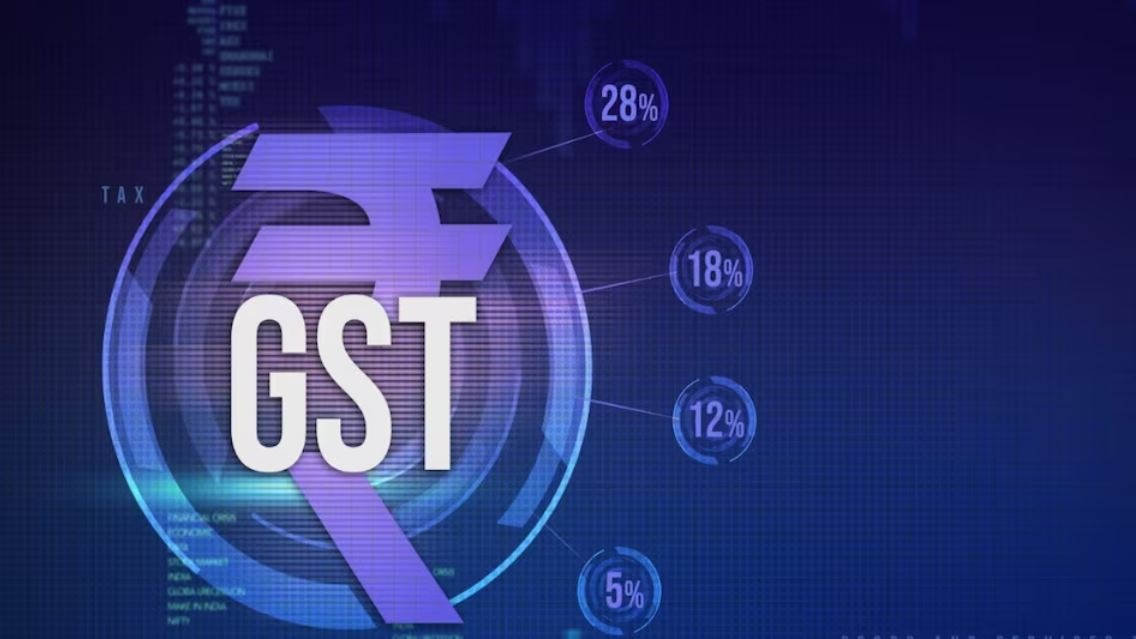Physical Address
304 North Cardinal St.
Dorchester Center, MA 02124
Physical Address
304 North Cardinal St.
Dorchester Center, MA 02124

Eight years into the Goods and Services Tax (GST) regime, Indian industry is largely upbeat about its transformative impact, but it wants the government to tackle lingering challenges around legal clarity and dispute resolution.
A recent survey by Deloitte reveals that a striking 85% of businesses hold a positive view of GST, crediting the tax overhaul with streamlining compliance, digitising processes, and improving supply chain efficiencies. However, companies across sectors—from manufacturing to IT and banking—stress that critical gaps remain, particularly around ambiguous legal provisions and the management of tax disputes.
“The GST journey has been a significant leap forward for ease of doing business, but the law’s complexities still leave businesses exposed to uncertainty,” the report noted.
Among the strongest demands is a push for bold reforms to improve ease of doing business. Industry leaders are urging the government to simplify export rules, standardise registration procedures, accelerate refunds, and permit more flexible use of input tax credits (ITC).
“GST has certainly reduced logistical hassles and unified the market,” said a senior executive from the consumer sector, quoted in the survey. “But timely refunds and clarity on new-age business models remain significant hurdles.”
Dispute resolution has emerged as one of the most pressing pain points. Businesses highlighted issues like hasty tax demands, prolonged audits, and inconsistent legal interpretations that increase litigation risks and strain resources. The survey found that nearly 44% of audits now result in demand orders, a sharp jump from 30% in 2024, signaling heightened scrutiny from tax authorities.
“There’s widespread agreement that while the government has introduced some positive measures—like streamlined investigation instructions and reduced pre-deposit requirements—the ground-level execution still lacks consistency,” Deloitte’s report said.
Industry respondents emphasized that time-bound audit closures and fair, reasoned orders in appellate proceedings should be top priorities under GST 2.0.
“There’s optimism about the government’s willingness to collaborate on reforms,” the report concluded. “But businesses want assurance that reforms will be effectively implemented, not just announced.”
MSMEs, in particular, expressed concern about multiple and overlapping proceedings between central and state authorities, which increase compliance costs and drain bandwidth.
Despite these concerns, the survey underscores that GST has successfully become the backbone of India’s indirect tax regime, driving digitisation and improving competitiveness. But for GST 2.0 to truly deliver on its promise, businesses insist the next phase must address legal ambiguities, ensure uniform application of rules, and build a more predictable dispute resolution ecosystem.